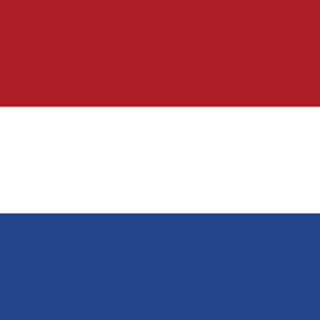Netherlands: Associate Degrees receive autonomous status in Higher Education

Higher Education in the Netherlands now has a new educational level. Associate Degrees (AD) will now take their place in the Higher Education system alongside existing HBO-bachelor degrees (University of Applied Sciences), HBO-master degrees, WO-bachelor degrees (Research University) and WO-master degrees. Following a proposal from the Dutch Education, Culture and Science Minister Jet Bussemaker, the Ministerial Council has agreed a bill to regulate the autonomous status of ADs.
The AD currently exists as a two-year track which must be linked to an HBO-bachelor. By abandoning this link, there is more room for the AD to develop as a distinct pedagogic concept with its own labour market profile. In this way, the AD will have a distinct identity and can now be classed as an independent study programme. The greater variety of ADs also creates more freedom of choice for students.
Any institution that offers an AD must continue to support the transition to an HBO-bachelor degree if the AD student wishes it. In the future the AD shall also be inspected independently (accredited), whereas currently it still follows the accreditation of the related bachelor course.
The AD caters mainly to the needs of MBO-students (students in vocational education) and employed people who want to learn more but don’t want to follow a complete HBO-bachelor.
The Ministerial Council has agreed to send the bill for advice to the Council of State. The text of the bill and of the advice of the Council of State shall be made public upon submission to the Lower House of Parliament.




